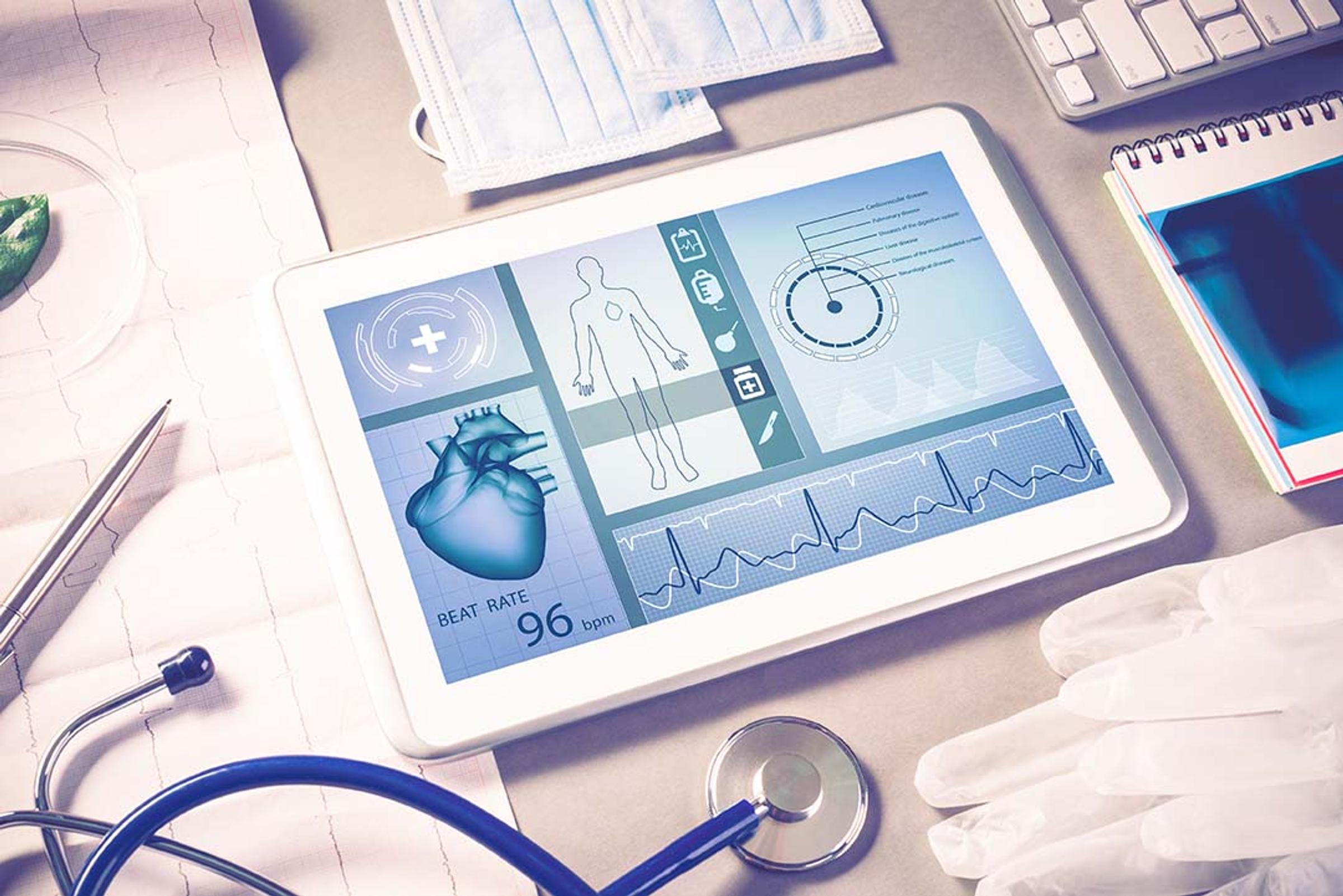
Health
Year 8 Vaccine Catch-Up
The Department of Health Immunisation team will visit the College on Wednesday 15 November to administer final HPV (Gardasil) vaccine to Year 8 students who missed this vaccine last visit.
Students will be informed
Handwashing
Good hand washing is the first line of defence against the spread of many illnesses, from the common cold to more serious illnesses such as meningitis, bronchiolitis, influenza, hepatitis A, and most types of infectious diarrhoea. Some forms of gastroenteritis can cause serious complications, especially for young children, the elderly, or those with a weakened immune system. Drying your hands properly is as important as washing them.
To minimize the germs passed around the family, make frequent hand washing a rule for everyone, especially:
- Before, during and after preparing food
- Before eating food
- After going to the toilet or changing nappies
- After touching animals, including family pets
- After blowing one’s nose, coughing or sneezing
- Before and after visiting or taking care of any sick friends and relatives
- After using a tissue or handkerchief
- After handling rubbish, working or playing outside
- After smoking
- After cleaning the house
- After touching garbage
- After playing sport
- At any other time when hands are soiled.
- Remember to keep finger nails clean.
How to wash your hands properly:
- Wet hands with warm water, cold water is better than no water at all for a ‘one off’ hand wash.
- Apply liquid soap and lather for 15 to 20 seconds. Have your child sing “Happy Birthday” song from beginning to end twice.
- Liquid soap is better than bar soap.
- Rub hands together rapidly across all surfaces of your hands and wrists. Don’t forget the backs of hands, your wrists, between fingers and under your fingernails.
- Rinse and dry hands well using a paper towel or single use cloth towel.
- At home, give each family member their own towel and wash them often.
- Hot air driers can be used but, again, you should ensure your hands are thoroughly dry.
- Alcohol-based liquids or gels can be used if you do not have access to soap and water.
- Hand gels are not as effective when hands are visibly dirty.
Take care of your hands
Hand washing is only one part of hand hygiene. Looking after your skin generally is important, as your skin is the perfect barrier against infection. You can help to look after your hands by:
- Apply a water based absorbent hand cream three to four times a day, if your hands are constantly in water.
- Use gloves to wash dishes to protect your hands.
- Use gloves when gardening
- Consult a doctor if a skin irritation develops or continues.
Jenny Hill
College Nurse
